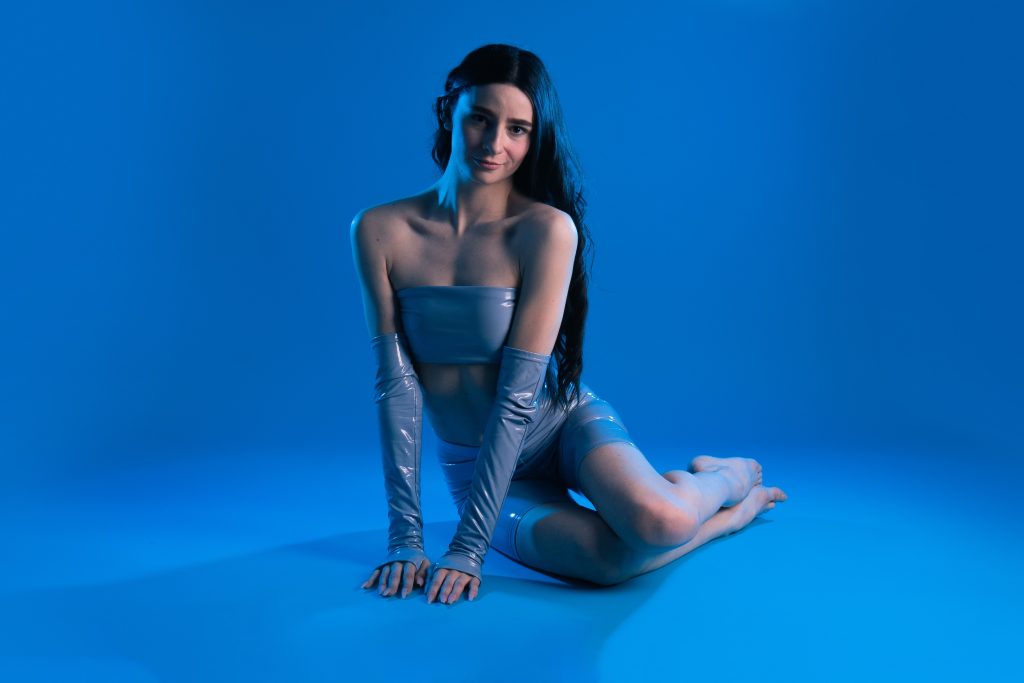A diesel dyke is a lesbian who loves femmes, trucks and old cars. They tend to be of a larger complexion and present themselves as aggressively masculine. They may wear work boots and Carhartt pants.

Dyke is a slur that was once used against queer women, but has been reclaimed by lesbian activists. It can still be offensive to some people, but GLAAD recommends using it only in direct quotes that reveal the prejudice of the person being quoted.
What is a diesel dyke?
A diesel dyke is a butch lesbian who likes trucks and cars. She typically wears dungarees and prefers to date femmes. Dyke is a slur used to disparage lesbians, but it has been reclaimed by lesbian activists. Other variants include bull dyke, baby dyke, and sporty dyke.
The term dyke is often used in conjunction with the adjective butch, which describes a lesbian of a larger complexion and more masculine appearance. Dykes can also be cisgender women or transgender women.
The term diesel dyke is also sometimes used to describe a lesbian who loves working on her car. These women are often described as having a sweaty bandana in their back pocket and smelling of motor oil. They may prefer to use she/her pronouns and like to drink a cup of diesel tea. These women are also known to participate in dyke marches and events. They may also prefer to use an inclusive butch flag, which features a range of colors and designs.
What are the characteristics of a diesel dyke?
Dykes are a defining feature of the landscape in the Netherlands. They protect large areas of the country from flooding by river or sea. Dykes are often considered cultural heritage. In the past this was not always taken into account in spatial development plans involving them.
Today the term has been reclaimed by lesbians of a larger complexion and masculine appearance. They use she/her pronouns and are often seen in dungarees or lumberjack style work boots. They may be members of the dykes on bikes section of pride parades or they work in jobs such as truck driver, mechanie or mechanic.
Especially in times of climate change, the cultural heritage value of dykes is coming under pressure. Increasingly frequent floods, lower ground levels in relation to the sea and rivers and changes to their function mean that they need to be reinforced or even rebuilt. For this purpose it is necessary to carry out a cultural heritage inventory. This publication provides tools to help with this.
What are the jobs of a diesel dyke?
Generally, diesel dykes have jobs that involve the automotive industry. They like to wear plaid shirts and work boots, and they typically have a sweaty bandana in their back pocket that is for some reason always covered in oil. They often prefer to date femmes, but they also love masculine men. Sometimes they are just a little bit butch and other times they are pretty much soft butch (like Corky in Bound). Diesel dykes can be cisgender, transgender, or genderqueer and they use she/her pronouns.
You are likely to see a lot of diesel dykes at any gay pride parade. They are usually the ones who show up on their bikes covered in motor oil, and they might even be the one giving out a free tune-up! They may also be wearing a lesbian flag that has different shades of pink or a new inclusive butch flag which features a female symbol with longer prongs.
What are the hobbies of a diesel dyke?
According to the magazine In These Times, diesel dykes like to wear work boots and Carhartt pants, and their uniform often includes a sweaty bandana in their back pocket. They enjoy working on their old jalopy and have a strong preference for femmes. They may be cisgender, transgender, agender or genderqueer and their sexual preferences may lean more towards butch, soft butch or stud. They are a lot like Corky from Bound. The term was coined by lesbian comics artist Alison Bechdel and was trademarked by Dykes on Bikes, despite the fact that it was challenged by a male who claimed that the word “dyke” was offensive to all women.